
When Emmanuel Macron became France's youngest ever president in 2017, he was elected on a promise to radically overhaul the economy.< /p>
A former banker nicknamed the “Mozart of finance,” Macron has put tax cuts, public sector cuts and increased investment among his unabashed business support programs.
And yet Vo is halfway to his goal During his second term in office, Macron has done little to rein in lavish government spending — and now the bill is coming due.
France's budget deficit rose to 5.5% in 2023, official data showed last week. This was significantly higher than forecasts of 4.9%. Last year the gap between tax revenue and government spending reached €154bn (£132bn).
Not only has the government overspended, debt levels in Europe's third-largest economy are now eclipsed only by Greece and Italy in the EU.
“The French state clearly living beyond his means,” says Maxime Darme, a Parisian economist at the insurance company Allianz Trade.
This is not due to a lack of taxation: France bears the highest burden of any OECD country. countries, a group of predominantly rich countries.
Macron has promised to reduce the deficit to the EU target of 3% by the end of his term in 2027. This will require finding an additional 70 billion euros per year. either by cutting spending or raising taxes.
With his financial reputation at stake, he reiterated his promise to cut government spending. Macron announced spending cuts of 10 billion euros this year and 12 billion euros in 2025.
“The spending they are likely to cut first is unemployment benefits,” says Darmet. “In total they amount to about 80 billion euros. Then they could provide housing benefits, which amount to about 16 billion euros.”
However, he adds: “Besides, their hands are tied.”
As in the UK, healthcare in France has seen waiting times in the system rise sharply since the pandemic, meaning healthcare budget cuts are unlikely.
According to the Fédération Hospitalière de France, it now takes on average 10 days to see a doctor compared to four in 2019.
Cutting the defense budget is also off the table, given the growing threat posed by Vladimir Putin. France will only reach NATO's spending target of 2% this year after a sharp increase in military spending and plans for a further steady rise.
“The elephant in the room is obviously pensions, which are the largest expense item at around €320 billion a year,” Darmet says. “They could potentially save on pensions, but pensioners make up President Macron's biggest constituency, so ministers and the president have ruled out any cuts.
“Finding new savings is becoming increasingly difficult.”< /p>
This was once unthinkable, but now many believe that raising taxes may be the only option.
“[Macron] always said that taxes should not be raised because of the very high level of taxation in France compared to other countries,” says Charlotte de Montpellier, senior economist at the Dutch bank ING.
«But now we are starting to hear some voices, including Macron's support in parliament, saying that taxes should probably be raised as well.»
Francois Bayrou, a key centrist supporter of Macron's government, last week said the topic of a targeted tax should be discussed.
De Montpellier says: “Clearly some difficult decisions will have to be made.”
Macron's cabinet is keen to counter what is seen as a politically toxic option.
Finance Minister Bruno Le Maire categorically denies that the government will carry out a tax raid. Instead, Le Maire called for a «collective wake-up call to make choices in all our public spending» that would eliminate everything that is not «useful or effective.»
Prime Minister Gabriel Attal said that unemployment benefits will be cut. be focused on saving and ignore proposals to increase taxes.
However, he told French broadcaster TF1 on Thursday: “The situation is serious. It's about reducing France's debt, because an over-indebted country is not a free country.»
In his early years in office, Macron met his deficit targets for four years in a row and managed to loosen some of France's notoriously harsh pro-labor labor market rules. There were hopes it would boost economic growth and put public finances on a more sustainable path.
However, the pandemic and energy crisis forced him to abandon fiscal discipline: the state spent hundreds of billions of euros to protect families and businesses.
Le Maire, who presided over the giveaways, warned last week that France had not balanced its budgets for 50 years and suggested that solving the deficit was a cultural problem.
«Government spending is seen as the solution to every problem, when it is not,» he said.
France's public debt is now so large that it more than dwarfs the size of the entire economy. Debt relative to the size of the economy has fallen only slightly since Covid to 110.6% of GDP, according to national statistics office Insee. Before the pandemic, it was 97.9%.
Fitch downgraded France's credit rating last year. After the shock deficit data, more downgrades may now loom.
If Macron is forced to carry out a tax raid, experts believe it will be done under the cover of darkness. Hidden increases, such as cuts to tax credits, are more likely than increases in overall rates.
“There are a lot of tax incentives in France – for example, for corporations that invest in research, restaurants that pay only 10% VAT rather than 20%, and people hiring domestic workers,” says Darmet. “They cost a lot of money and are ineffective.”
The loans cost the government about 90 billion euros a year, making them ripe for raiding.
Any spending cuts or tax increases will be accompanied by political by calculating what is least likely to alienate voters.
French voters are notorious for taking to the streets if they don't approve of a policy, as evidenced by the recent tractor blockades that have sprung up across the country, organized by angry farmers.
 Hundreds of tractors lay siege to Paris as farmers protest against the French and European rules Photo: THOMAS SAMSON/AFP via Getty Images
Hundreds of tractors lay siege to Paris as farmers protest against the French and European rules Photo: THOMAS SAMSON/AFP via Getty Images
“The sensible way to put it that way would be to target tax breaks, because I don't think many people will go out on the streets to protest,” Darmet says. “It's harder to [see] and find a coalition of people against cutting tax credits.
“If you start cutting pensions, unemployment benefits, housing benefits, you're potentially going to end up with a lot of people. in the streets.»
The protests will provide ammunition for Macron's opponents, including far-right populist leader Marine Le Pen.
Her party, the National Rally, is set to become the top vote-getter in the EU parliamentary elections in June.
Macron's deficit headache comes as wages and the economy grew more slowly than expected last year, resulting in worse-than-expected tax collections. Spending plans have remained the same, leaving a hole in the budget.
As if things weren't bad enough, plans to tackle the problem risk worsening France's economic woes.
“If they tighten fiscal policy, which will only worsen growth prospects,” says Andrew Kenningham of Capital Economics. “Ideally, when the economy is weak, you should loosen fiscal policy. They are now having to tighten measures at a time of economic weakness.”
This risks creating a “vicious cycle,” warns Kenningham, where slower growth reduces tax revenues and forces even deeper cuts and tax hikes to solve the problem of the deteriorating financial situation.
Despite his grandiose ambitions, Mozart in the field of finance is finding it increasingly difficult to hit the right notes.


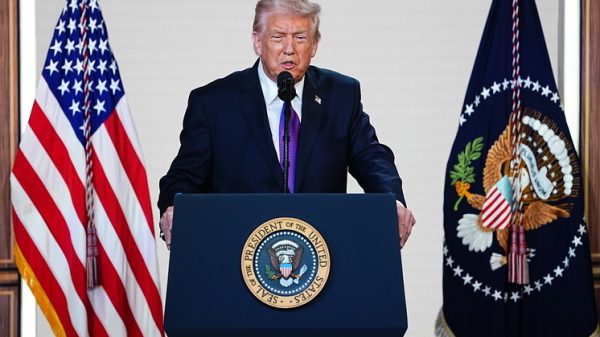
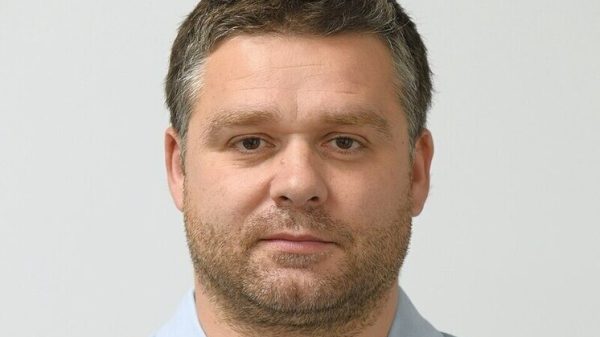

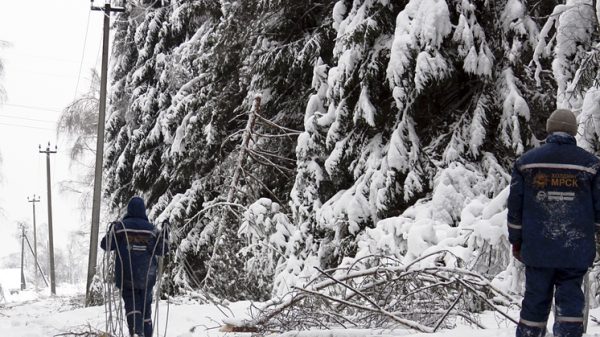











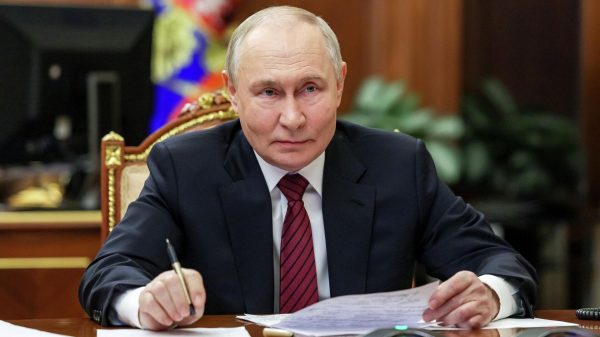

































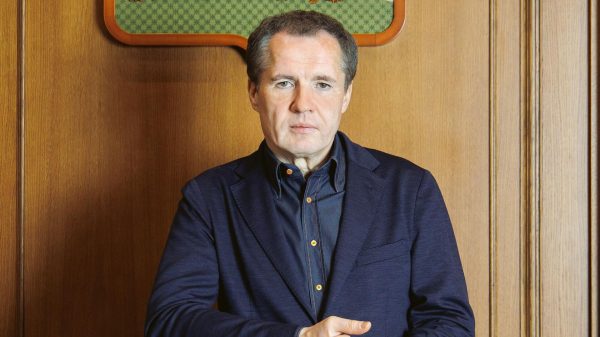


Свежие комментарии